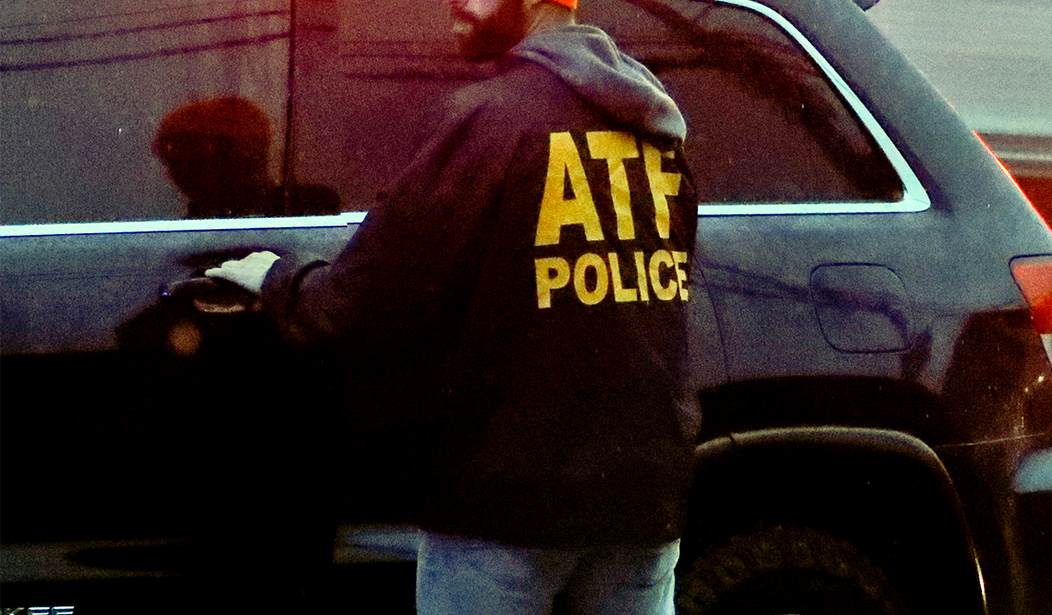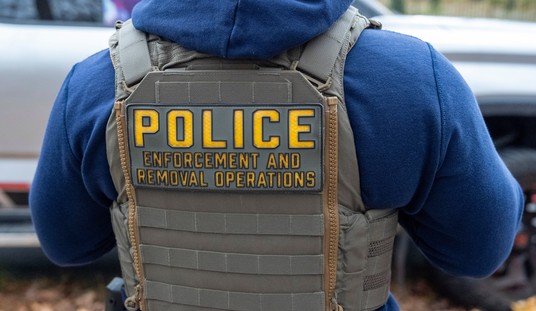The ATF is never going to be a friend to gun owners. As a general rule, we don’t like them and they don’t like us.
Granted, we don’t like them because they don’t like us, but that’s neither here nor there.
It seems that every federal law enforcement agency out there wants more power, more authority, and the ATF hasn’t really shown itself to be any different historically.
Which is why I was shocked by a headline reading, “ATF argues against California’s demands for ghost gun regulations.”
The Bureau of Alcohol, Tobacco, Firearms, and Explosives asked a federal judge in California Tuesday to rule against the state in its suit seeking to compel the federal government to crack down on ghost guns.
Ghost guns are firearms that can be made at home from parts that can be purchased without background checks or serialization, and, according to the plaintiffs, have become the weapon of choice for criminals.
California, the Giffords Law Center to Prevent Gun Violence, and others sued the bureau in 2020, asking, among other things, for the court to order the federal agency to issue rules regarding “80%” receivers and frames — core components of a firearm that houses or provides a structure for other components of a weapon.
Now, the ATF did issue rules on so-called ghost guns, but those rules didn’t outright ban these types of firearms nor did it regulate them so extensively they might as well have banned them.
And, it seems, that’s the problem.
“Though the final rule takes important steps to eliminate ghost gun-making ‘kits’ — meaning where 80% receivers or frames are sold together with other essential firearm parts, such as the magazine to store ammunition, and the jigs to assemble the firearm — the rule still permits the selling of unserialized ‘80%’ receivers and frames as stand- alone items without any background checks or serialization,” the plaintiffs say in their amended complaint.
In arguments Wednesday before U.S. Senior District Judge Edward Chen, attorneys for the federal government said it should be granted summary judgment on the plaintiffs’ claims because they are unsubstantiated.
“They have no evidence of whether the type of products which are the subject of this disagreement are responsible for any of the meaningful injuries about which they complain,” Jeremy Newman, arguing for the defendants, said.
Newman said the government was relying on decades of classification letters that describe the difficulty of making weapons that are able to fire projectiles without necessary tools.
Now, the question is whether the ATF’s resistance is actually meaningful resistance because they feel they really have either done all they can lawfully do or all that should be necessary; or because they are supposed to mount some kind of resistance even if they don’t want to.
I really don’t know.
What I do know, however, is that no matter how the ATF defines a receiver, someone will find a way to offer an incomplete receiver that’s just shy of that line in the sand. That’s because gun folks are a proudly ungovernable lot that might not break the law, but will bend it until it screams and delight in the consternations of the anti-gunners.
No matter what they do, someone will get around it, then laugh when Giffords freaks out over it.
And I think the ATF also knows this.
Now, I don’t think their opposition is because they know it. I think they have no problem moving the line a little further, then keep on doing it until sheet metal requires a background check. I think it’s more of a pro forma kind of a thing.
But they’re still doing it when I suppose they could just say, “We have no good reasons, you’re honor,” or have just done it so the lawsuit would get dropped.
It’s definitely not because of some deeply-held belief by someone in power at the bureau.
I’m never going to like the way the ATF does things, but I’ll give grudging credit where it’s due.








Join the conversation as a VIP Member